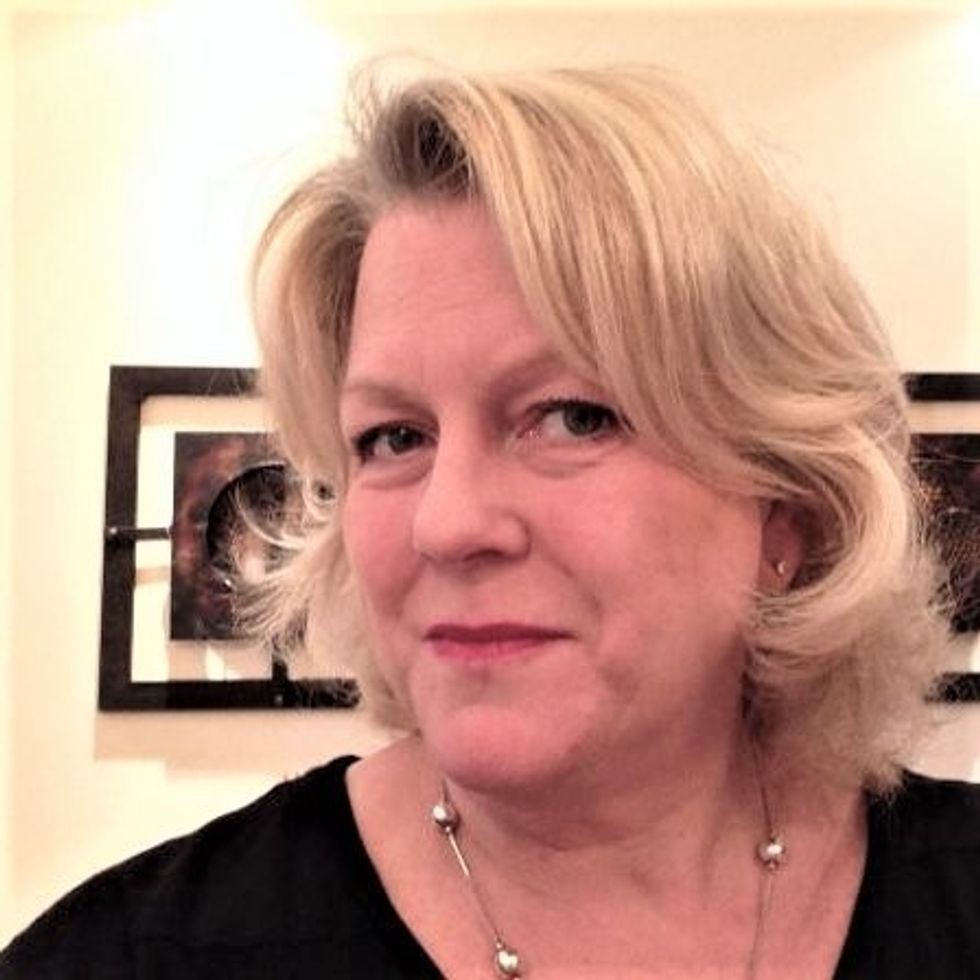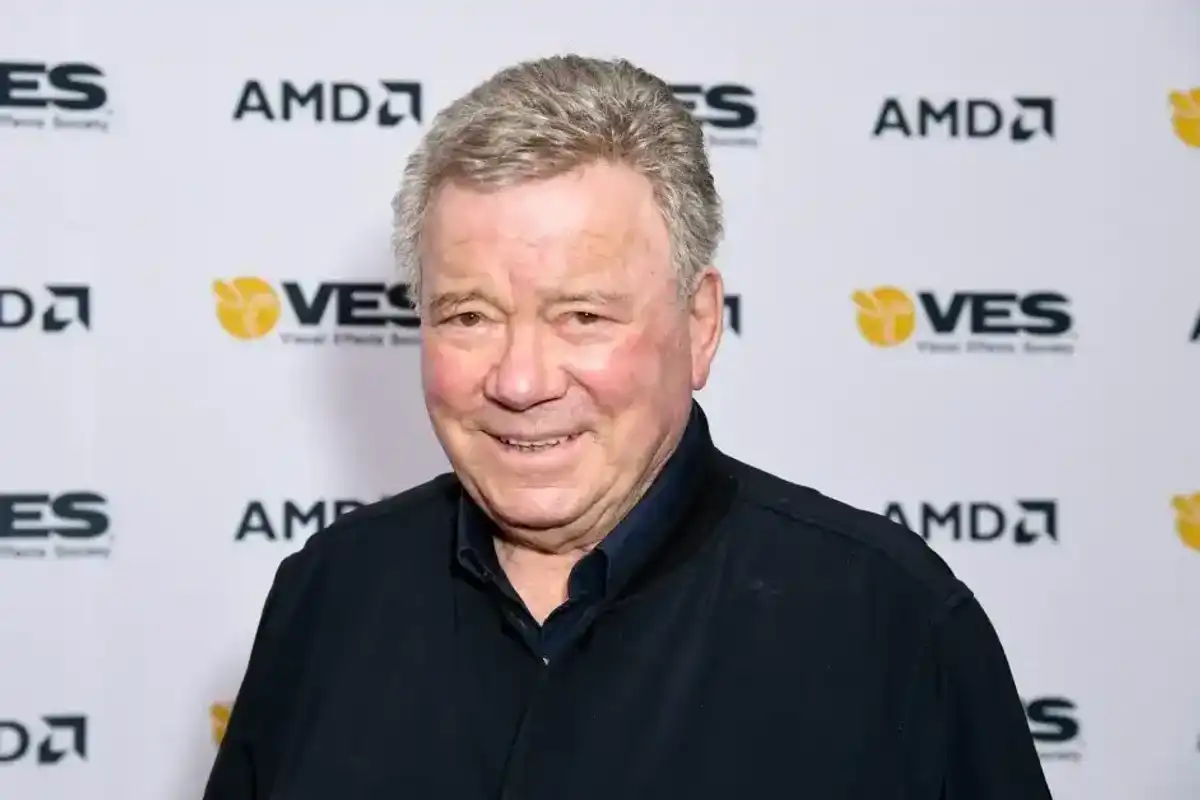It's Time Creators Were Compensated For Private Copying In Canada
CPCC Chair Lyette Bouchard recently addressed a copyright and artist remuneration committee hearing in Ottawa, and she had some impressive facts that suggest it is time Canada amended its laws.

By External Source
Lyette Bouchard Chair, Canadian Private Copying Collective
Good morning.
Members of the committee, thank you for the invitation.
My name is Lyette Bouchard and I am the Chair of the Canadian Private Copying Collective (CPCC). As you said, Madam Chair, I am here with Lisa Freeman, who is the Executive Director.
In 1997, the Copyright Act was amended to allow Canadians to copy sound recordings on audio recording media for their private use. At the same time, the private copying levy was set up so that creators would receive remuneration for the use of their music. That was the private copying.
In compliance with the act, manufacturers and importers of blank audio recording media pay a small levy for any imports or sales of such media in Canada. Those levies are collected by CPCC for its member companies, which represent performers, songwriters, music publishers and record companies.
For many years, the private copying levy was a major source of revenue, generating over $300 million in revenue for 100,000 music creators, which, of course, helped them continue to create and market important cultural content.
Initially, the act was drafted to make the private copying regime technologically neutral. However, decisions by the Federal Court of Appeal and the previous federal government have restricted the regime to media that are quickly becoming obsolete. I'm talking, of course, about blank CD copies.
Since most consumers currently make copies of music on devices such as smartphones or tablets, the use of blank CDs to copy music is rapidly decreasing. As a result, revenues for music creators related to private copying are also in free fall.
Annual revenue from the private copying levy has decreased by 89%, from a peak of $38 million in 2004 to less than $3 million in royalties in 2016.
In 2015-16, Canadians copied more than 2 billion music tracks, more than double the copies made in 2004. However, right now, rights holders receive no compensation for most of those copies, including the hundreds of millions of unauthorized copies made on devices such as smartphones.
What would be the situation if Canada had followed the European example in 2012 when the act was last revised and made the system technologically neutral so that a levy would apply to smartphones and tablets? According to sales data for those devices, a royalty of $3, which is the European average, would generate $40 million per year for rights holders. Between 2012 and 2017 alone, the music industry lost $240 million.
It is urgent that we act.
The CPCC recommends that the government make the system technologically neutral to keep pace with the way Canadians consume music.
The solution is to amend the act so that the regime applies to both audio recording media and devices such as smartphones or tablets.
The CPCC is also proposing other very minor amendments to the act. In a sense, it is sufficient to clarify that the regime applies only to copies made from a sound recording in a person's possession. However, we want there to be no confusion: offering or obtaining music illegally, whether through an unauthorized online service, online stream ripping or even stealing an album from a store, remains illegal. Of course, stealing is an illegal act.
It must also be clear that the private copying regime must neither undermine legal online music services, nor legalize illegal services.
Whenever possible, rights holders licence the fruits of their labour for those who wish to use them. The private copying regime is only intended to compensate copies that cannot be controlled.
We need a permanent legislative solution, but in the meantime it is essential that a $40 million interim fund be put in place, as Mr. (Graham) Henderson pointed out earlier.
–A complete transcript of the day's hearings can be found here.
















